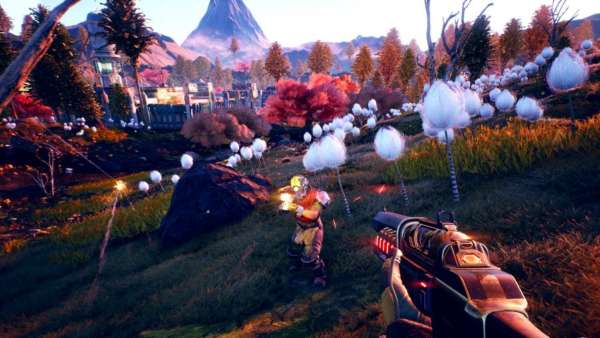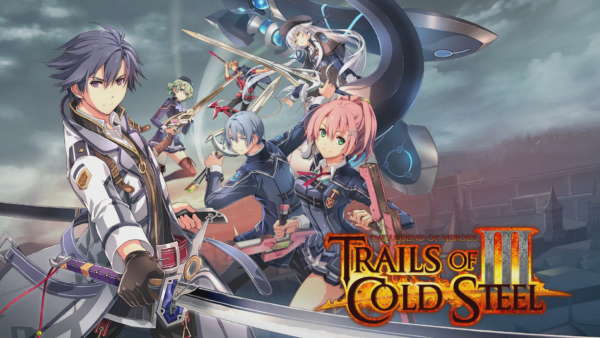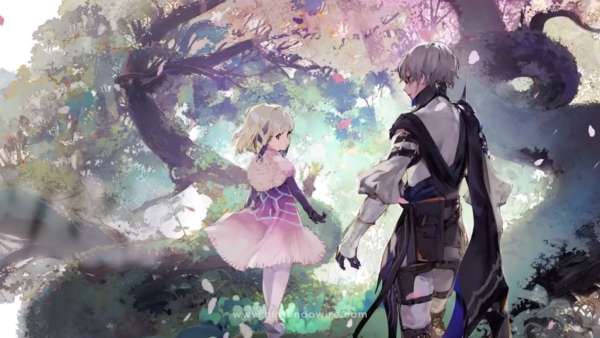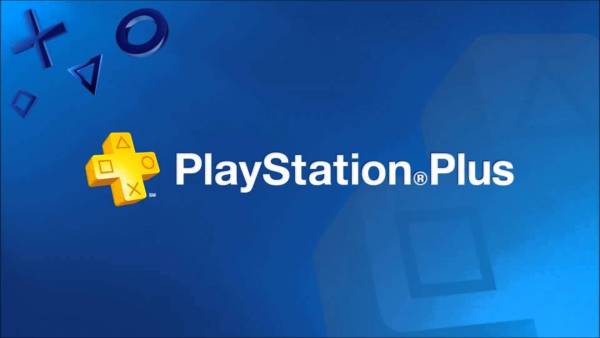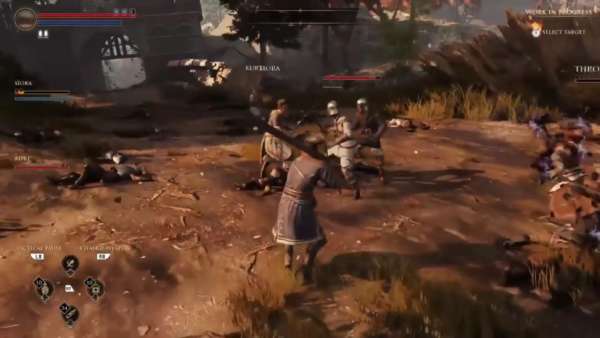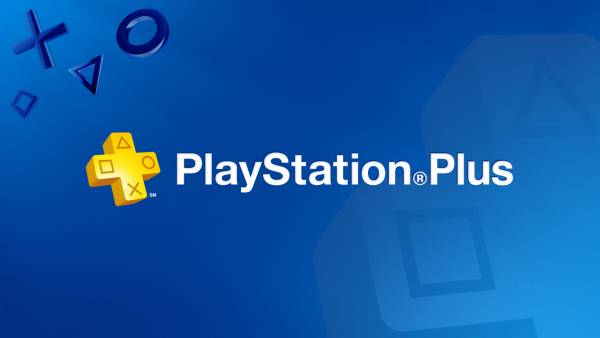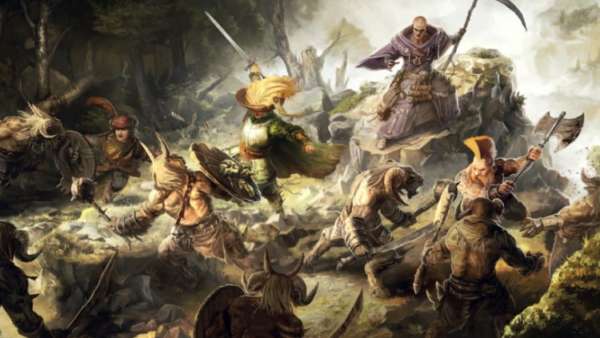With Destiny of Spirits, Sony tries its hand at the social game scene by creating a collectable monster game for the Vita, which relies heavily on swapping creatures with friends, engaging in large scale raids to take out legendary figures whilst raising up your rag-tag band of mythical monsters and heroes. For the most part, it is a fun little social game that steers clear of most of the sins which this genre is usually plagued with. That is when the servers work, of course.
The main premise for Destiny of Spirits is that chaos spirits have taken over the world and it is your job to purify the world by fighting across the globe, collecting friendly spirits along the way. When you start the game and every time you log in, the game calculates your position on the globe and that determines where you begin on the world map as well as the monsters you can fight and summon to aid you. As a result, you can only play the game if your Vita is connected to the Internet and due to the spotty nature of the Destiny of Spirits servers, this means there may be some days where you cannot play at all, due to the servers being down for maintenance. By the looks of it, the servers have been fixed for the moment and the developers are offering compensation in the form of free premium currency, as well as an extension on certain events but having constant server problems for a game that requires you be online to play is a major hindrance to keep people playing.
Your location data is also used to determine things like your luck for the day, the day’s element or whether you are blessed or cursed. The element system in game is extremely reminiscent of Pokemon’s, with each element having one it is strong against, whilst having another one to counter it. The 5 basic elements are based on the Chinese elements of Wood, Earth, Water, Fire and Metal with the two special elements of Light and Darkness, whose power depends on whether the day is cursed or blessed. If the day is cursed, Darkness beats Light but if the day is blessed, Light beats Darkness and if the day is just lucky, no element is more powerful than the other. These factors have other influences, so if your day is lucky and the element is Wood for example, you are more likely to summon Wood spirits into your party and they will have greater speed in battle.
The battles won’t win any awards for presentation, that’s for sure.
These extra features help you plan your conquest for the day, as you know you can now beat certain bosses or spirits due to the fact your party will be more powerful. Another thing your location allows you to do is to hunt spirits. By moving around between logins, the game will track your movement and collect spirits for you to then use at your leisure and depending on the direction you travel in (each point on the compass having a specific luck value) determines the power and rarity of the spirits collected. While these are cool features, the Hunting mechanic only collects spirits if you travel great distances. For example, I travelled 150 miles between logins and only collected 5 spirits, which seems pretty low for that much travel.
You summon spirits by spending the aptly named Summoning Stones which you get from clearing battles, as daily bonuses or clearing certain challenges, at the Summon tab. The summons are ordered like trading cards, ranging from Common to Super Rare and can be either sold for Spirit Points (which are used for summoning support spirits from other players for a one time use in battle) or added to your roster. Unlike normal RPGs, your spirits don’t level up by winning battles, they gain EXP by fusing with other spirits, very much like the Persona series, albeit watered down. You can merge one spirit with up to 5 others to level them up and the spirit’s rarity determines their level cap, with Super Rare spirits getting up to level 30.
The combat itself is fairly simple and does not offer much depth, with you having up to 3 spirits on the field at once (with two in reserve and one support spirit from another player) battling 3 other spirits in either multiple battles in sequence or a boss battle, with one super-powered spirit with two normal spirit helpers. You simply choose which enemy for your spirits to attack, wait and then occasionally tap on your spirit to activate a special skill like increasing attack for 15 seconds or giving friendly spirits a 10% chance to counterattack. While you can customise support skills, all you really need to do is to pick the spirit to counter the enemies that you’ll face and occasionally use a skill to deal AoE damage or buff another spirit. The combat won’t set the world on fire and the presentation is very basic, having static images firing particles based on their element at the enemy, but it is oddly compelling to continue fighting and try to finish a region in one piece without a spirit dying.
A Mayan death god with what looks like a stone chainsword. Beats the spirit Haggis any day.
The spirit designs are detailed, often utilising the art style of the country that they come from in their presentation but some choices are just plain odd, like having a T-Rex as a Metal spirit or basically having Bruce Lee as an Asia-specific Fire spirit called ‘Karate Master’. The music is the same two or three MIDI loops over and over again. Even though you’re only going to play this game on your lunch break or on the bog, it would have been nice to have some memorable tunes, rather than some dull tracks which would sound dated in an N64 game which repeat every 25 seconds.
As for the social features, you get partnered up with another player at the start of each day along with a complimentary spirit, based on your ‘compatibility rating’, who randomly aids you in battle and who can be later added to your in-game friends. You gain the ability to aid more friends as you clear more regions, who can aid you in battle with random attacks, along with gaining the ability to summon their spirits in battle, with added support skills to help you in the fight. You can also trade spirits with others players and join in with the aforementioned raids, where you are pitted against very powerful opponents which multiple people can fight at the same time, like the Ur Dragon in Dragon’s Dogma, to gain extra Summoning Stones and Spirit Points.
You can also buy premium currency called Destiny Orbs, which allow you to perform Advanced Summons (summons with a higher chance of getting rare spirits) or increasing your party size or friend count. Again, all of these features you can get by playing through the game normally and the game does not constantly ask you to buy Orbs, like other social games, which makes their presence less irritating. Furthermore, the fact that buying the orbs will not grant you access to special parts of the game and that a player having the ability to buy a higher chance of getting rarer monsters does not affect your game at all, makes their addition pretty innocuous and not detrimental to the core experience.



